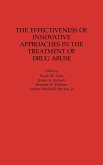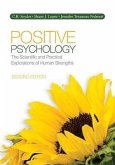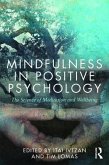The aim of this study was to determine the effectiveness of mindfulness training on positive and negative emotions, psychological well-being and cognitive emotion regulation in the elderly. The design of the present experimental study was pretest-posttest with a control group. The statistical population of the study also included all the elderly living in the boarding centers of Kahrizak Charity Hospital in Alborz province in 2021-2022. A total of 30 elderly people were selected by available sampling method and were randomly assigned to experimental (n = 15) and control (n = 15) groups. The research instruments included mindfulness-based cognitive therapy protocol (MBCT, Cognitive Emotion Regulation questionnaire, positive and negative emotion scale (Watson, Clark and Telgen, 1998), Tabasi Psychological Well-Being Questionnaire (2004). Mankova showed that in the post-test group, the mean of positive emotions increased and negative emotions decreased, while in the control group, there was no significant difference (effect size 0.65 and 0.59) and multivariate analysis of variance (Mankova).
Hinweis: Dieser Artikel kann nur an eine deutsche Lieferadresse ausgeliefert werden.
Hinweis: Dieser Artikel kann nur an eine deutsche Lieferadresse ausgeliefert werden.








